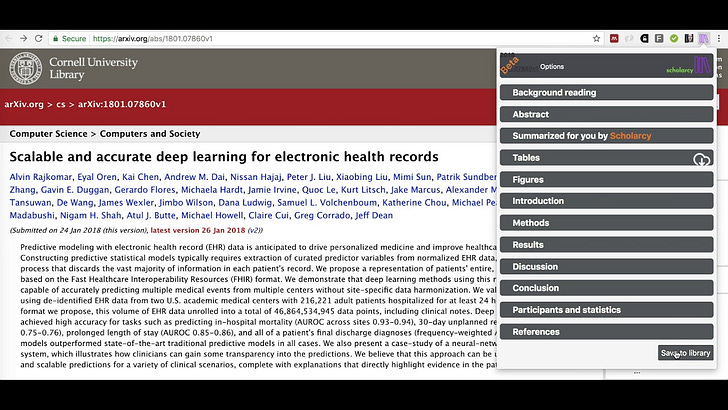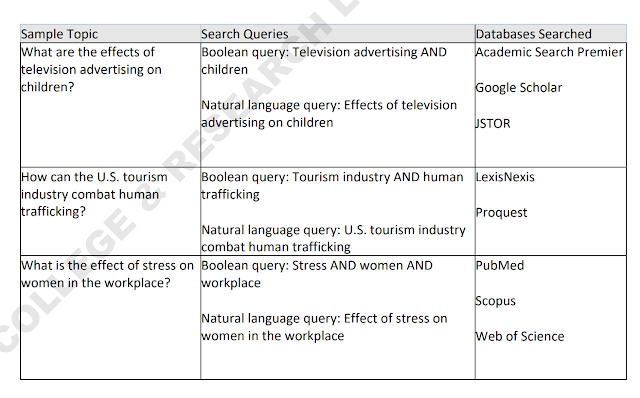
4 years ago in 2014, I wrote about the coming disruption to academic libraries due to Open Access. In How academic libraries may change when Open Access becomes the norm , I wrote " The trend I am increasingly convinced that is going to have a great impact on how academic libraries will function is the rise of Open Access.









